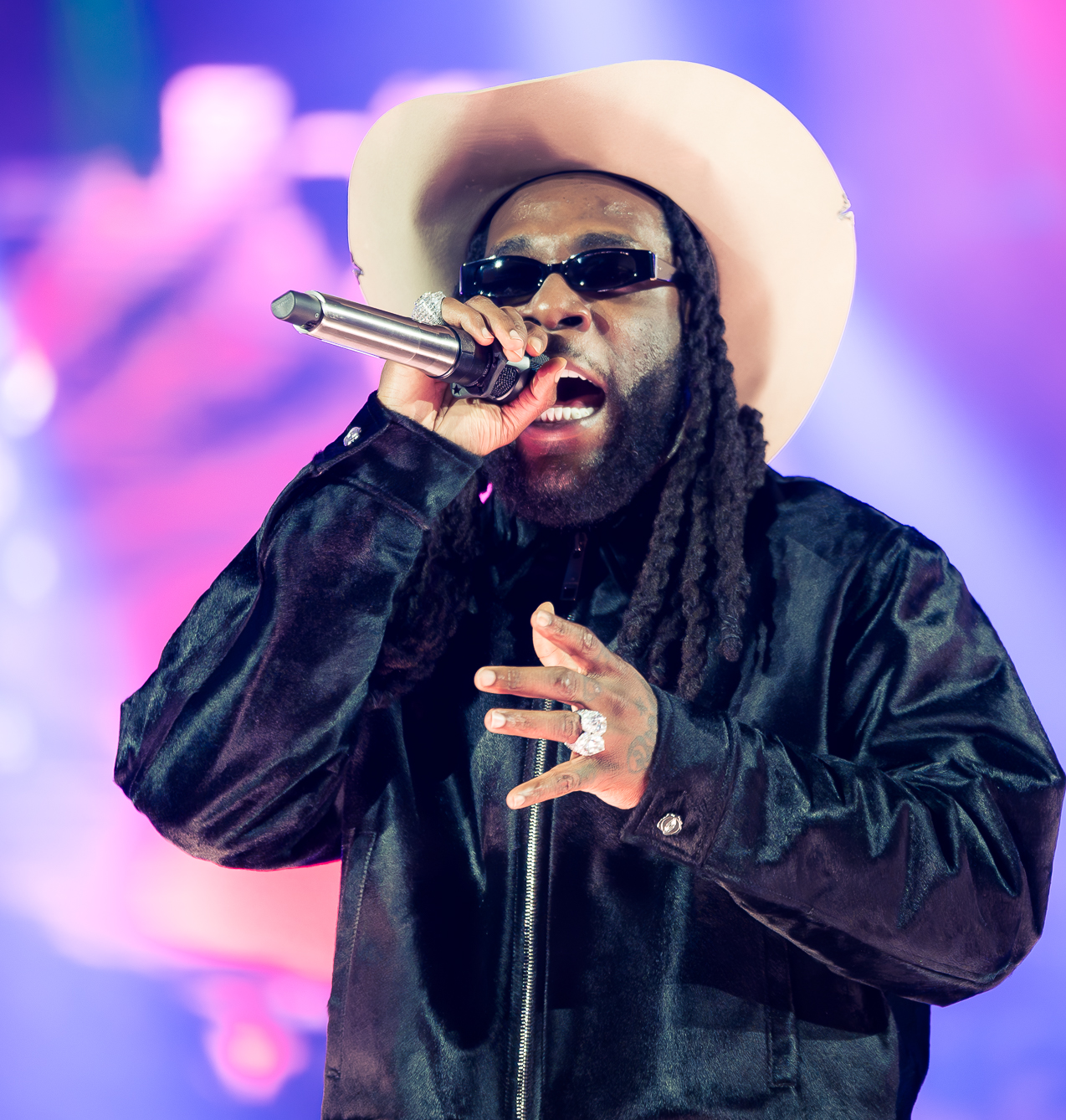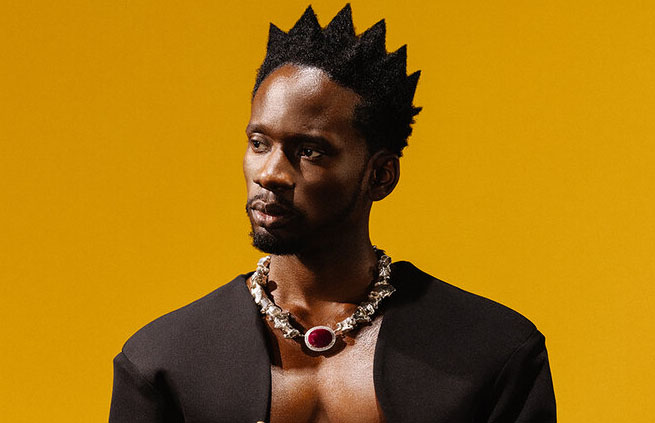
“I Ran to God, But Servants of God Are Pursuing Me — Should I Run to Satan?”: Peller Fires Back After Clergyman Calls Him a Clown

In a fiery response that has set the Nigerian social media space ablaze as popular Nigerian tiktoker, Peller, has voiced his frustration after being publicly ridiculed by a clergyman who called him a clown. The incident, which quickly went viral, has sparked widespread debates on religion, freedom of expression, and the growing tension between public figures and religious leaders. But it was Peller’s dramatic question — “I ran to God, but servants of God are pursuing me. Should I run to Satan?” — that has stolen the spotlight, turning a personal response into a national conversation.
The entire saga began when a popular Nigerian pastor, whose identity remains undisclosed as of the time of filing this report, reportedly labeled Peller a “clown,” questioning his spirituality and authenticity following his public engagements that have featured both Islamic and traditional elements. While the exact trigger for the pastor’s comment is unclear, speculation suggests it may have stemmed from Peller’s recent involvement in events that merge culture, religion, and politics — a combination that often treads controversial lines in Nigeria’s complex religious landscape.
Peller, never one to shy away from controversy, wasted no time in firing back. In a passionate post shared via his verified social media page, the former federal lawmaker did not mince words. He expressed dismay over the judgmental attitudes of those who claim to serve God, arguing that their actions are pushing people further away from faith rather than drawing them closer.
“I ran to God, hoping for peace, guidance, and understanding,” he wrote. “But it’s his so-called servants that are throwing stones at me, condemning me for every step I take. Is it until I denounce my faith or pretend to be someone I’m not that they’ll be satisfied? If the people who claim to represent God are the ones fighting me, then where exactly should I run to? Satan?”
The rhetorical question was not only emotionally charged but also carried a deeply symbolic weight. It painted a picture of a man who feels alienated by religious institutions while seeking personal spiritual fulfillment. It also reflects the sentiments of many Nigerians — particularly the youth — who feel disillusioned by the seeming hypocrisy and judgmental attitudes within religious circles.
Many Nigerians took to social media to weigh in on the unfolding drama. While some sided with the clergyman, describing Peller as someone who mixes mysticism with politics, others applauded his courage to speak out against religious bullying. Twitter and Instagram comments ranged from calls for introspection within the church to outright criticism of the way religion is used to control narratives and silence dissent.
“Peller is not saying he’s perfect,” one user posted. “He’s saying he wants to find God his own way without being harassed by people who think they are the gatekeepers of heaven.”
Another wrote, “This is exactly why people are leaving churches and mosques. There’s too much judgment and not enough love.”
Peller’s background adds context to this explosive clash. Known for his business empire, political influence, and flamboyant lifestyle, he is also the son of the legendary Professor Peller, Nigeria’s most famous magician. Though Shina Peller has long distanced himself from his father’s line of work, critics often use that lineage to question his spiritual stance. Despite identifying as a Muslim, Peller has participated in traditional ceremonies and cultural events — something that often draws ire from conservative religious sectors.
He has consistently preached tolerance and unity across religious divides, even founding the Lead Generation Initiative (LGI), an organization aimed at empowering youth and fostering civic engagement. His messages have often centered around inclusion, peace, and respect for individual spiritual journeys. This latest outburst, however, shows a more vulnerable and frustrated side of the usually composed public figure.
“This isn't about me trying to be controversial,” Peller added in a follow-up video. “It’s about me asking questions that many of us are too afraid to voice. Why is it that the more spiritual you try to become, the more you are attacked by those who claim to walk with God? Are we worshiping God or serving egos? Is it about love or control?”
Despite the backlash, Peller has found support among several influencers, celebrities, and social commentators who echoed his sentiments. Some even pointed out that the trend of calling out public figures without knowing their personal journeys or intent has become toxic.
In the midst of this, no formal response has come from the pastor who allegedly made the clown comment, but the silence has only fueled curiosity. With many now calling for a public apology or at least a clarification, the heat of the controversy is far from cooling.
Religious leaders in Nigeria have always wielded enormous influence — not just spiritually but socially and politically. However, the rise of social media has democratized voices and challenged traditional power structures. As figures like Peller begin to speak more boldly against what they see as oppression under the guise of religion, a larger conversation is being sparked about what it truly means to be spiritual in a nation where faith is tightly woven into every aspect of life.
It also raises questions about how religion can adapt to a rapidly changing society. Must everyone conform to a singular version of faith to be accepted? Is there room for expression, for fusion, for questioning? And if a person seeks God with sincerity but doesn’t meet the expectations of religious elites, does that make their journey any less valid?
While Peller’s rhetorical cry — asking whether Satan might be the next place to run to — was clearly not literal, its metaphorical implication is undeniable. It reflects a deep dissatisfaction with the gatekeeping mentality that pervades many religious institutions. And whether or not you agree with his views, it’s hard to deny the power of his message.
As the dust settles, one thing is clear: the conversation Peller has ignited goes far beyond a personal feud. It strikes at the heart of Nigeria’s religious identity and challenges believers and leaders alike to take a hard look at how their actions shape the faith journeys of others. Whether it leads to change, reconciliation, or more division remains to be seen. But for now, Peller has made one thing resoundingly clear — he’s not afraid to question the system, even if it means standing alone.


